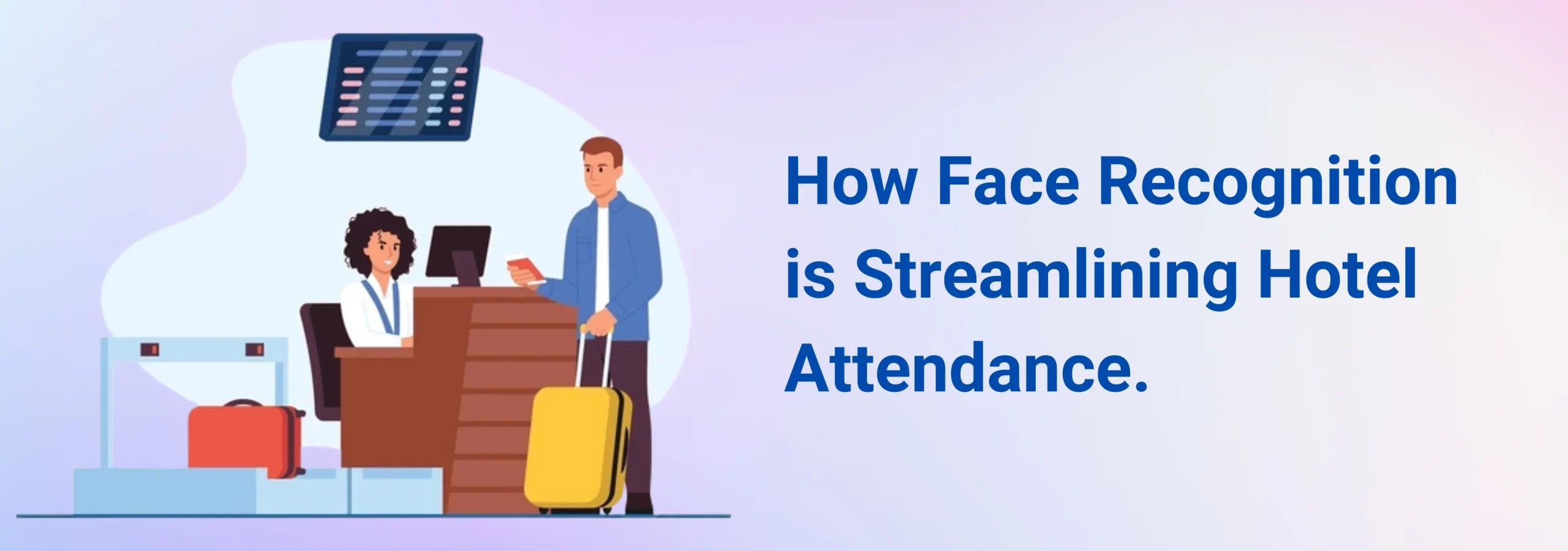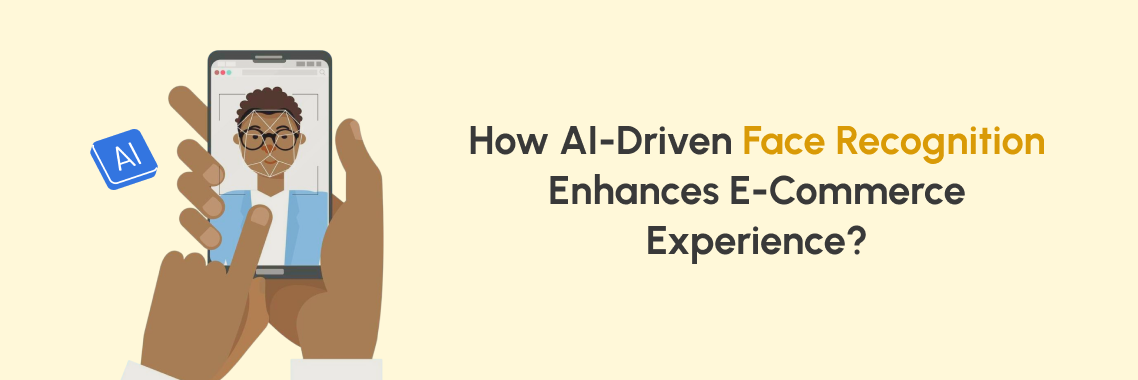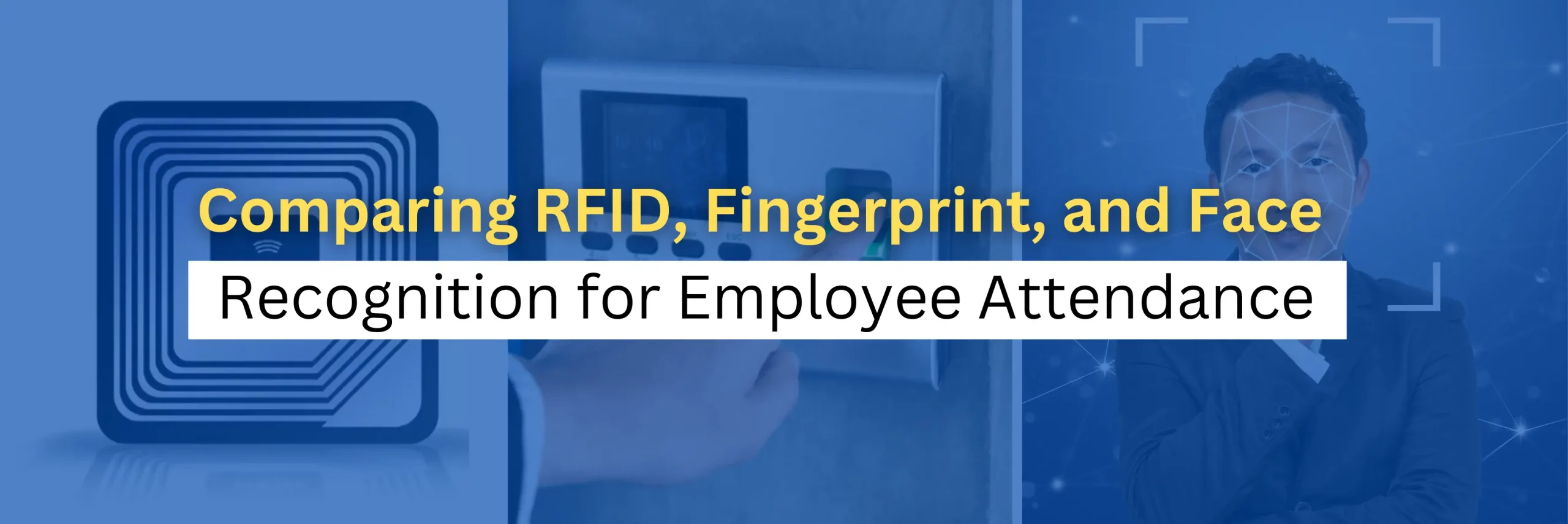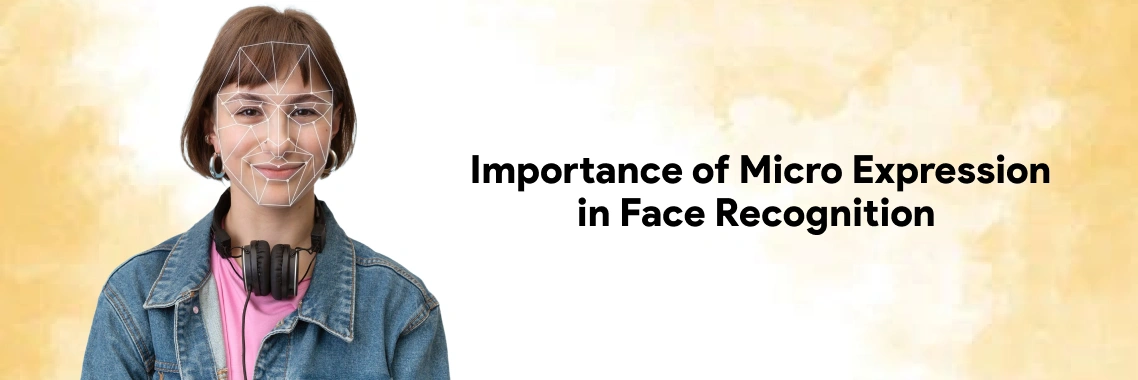How Face Recognition is Streamlining Hotel Attendance
Several industries are entering a phase of intelligent advancement due to the rapid development of the internet and technology. This tendency has also quickened the development of intelligent hardware and software in the hotel business. To offer a more intelligent check-in customer experience, technologies including smart robotics, self-service check-in devices, facial recognition in hotels, and remote mobile engagements are combined.
The article examines the fascinating usage of facial recognition technology in hotels, as well as its various advantages, adaptable applications, and crucial factors. Through efficient and secure procedures, we hope to assist hotels in improving the check-in experience altogether.
What does facial recognition mean?
Most individuals might be familiar with facial recognition software. Face recognition is a biometric identification technology that uses a person's face traits to identify or validate them.
To automatically track and identify the facial features of clients in photos, this technology mostly uses image-capturing devices, such as cameras. Additionally, it can perform more in-depth facial analysis, opening the door to sophisticated features like gender and emotion identification.
Due to its high level of security and qualities that make it impossible to imitate, face recognition is widely used in many everyday tasks. For instance, customer flow statistics in stores, hotel check-ins, employee attendance machines in businesses, and security surveillance on roads and public transportation, among many more applications.
How do hotels use facial recognition technology?
Facial recognition technology is used in hotel settings to enable more effective client check-in procedures. A simple facial scan can be used to check in instead of laborious registration processes. This improves security, expedites the check-in procedure, and gives hotel visitors a more seamless stay. In hotels, facial recognition is specifically used for the following purposes:
🚀 Front desk check-in
Most hotels now require real-name registration for check-in to strengthen security measures in the hospitality sector. By this regulation, visitors must check in at the front desk with legitimate identification documents, such as ID cards, passports, or driver's licenses.
Modern facial technology has been used with hotel check-in systems to efficiently ensure adaptive entry. To confirm the guests' genuine identity, this technology matches their facial features with the pictures on their identification documents. Through this integration, the dangers of fraudulent activity and unapproved lodging are greatly decreased, guaranteeing guest safety on hotel property.
🚀 Self-check-in machine
Self-service check-in machines at hotels that use cutting-edge facial recognition technology. Within a minute of guests scanning their faces, the technology immediately uploads their data.
Upon arrival, customers who have completed their online reservation can use self-service kiosks for face recognition check-in. A digital room key will then be automatically generated by the system. Online and offline hotel resources work together more effectively with this smooth interaction.
| Also read: 8 best face recognition android apps of 2024 |
While guaranteeing the confidentiality and security of visitor data, this effort streamlines and expedites the guest check-in procedure. Additionally, it enables hotel employees to work fewer hours at the front desk, increasing operational effectiveness and cutting expenses.
🚀 Payment via face recognition
Since facial recognition technology has become so popular, face recognition payment has been used extensively in a variety of contexts. Supermarkets, convenience stores, lodging facilities, colleges, and so on are included.
Facial recognition technology has made it possible for people to pay without carrying physical credit cards. At the front desk, self-service kiosks, and online through mobile devices, hotel customers can pay with their faces. Customers benefit from this feature's convenience as well as improved payment security.
🚀 System for face recognition access control
To distinguish between restricted and public areas, hotels can implement facial recognition access control systems. These hotel amenities can improve hotel security by keeping unauthorized people out of restricted areas.
The hotel administration first records the authorized personnel's facial traits and grants the appropriate access permissions. Facial recognition is quickly carried out by the system when permitted users approach the sensing area. Entry is made possible by the access control automatically unlocking if the recognition matches the recorded data.
In addition to facilitating employee mobility and enhancing security, this effective recognizing and unlocking procedure makes the visitor experience more convenient.
The benefits of face recognition access control over conventional hotel access control systems are considerable. It maximizes ease by removing the need for physical keys and complicated password memorization in favor of relying only on basic facial recognition for access.
Advanced biometric technology also makes it harder for unauthorized workers to enter, increasing the hotel's level of security.
🚀 Face recognition attendance device
Employee attendance management and recording are two common uses for the face recognition attendance machine, which is built on cutting-edge facial recognition technology. To precisely identify personnel and automate attendance management, it analyzes and recognizes facial traits using computer vision technology.
Since the hotel industry is a 24/7 operation, staff rotation is essential to maintaining business continuity. By using a face recognition system, employee attendance may be efficiently managed and problems like proxy punching and attendance record inaccuracies can be avoided. By taking this action, attendance data security and dependability are strengthened, human error is reduced, and attendance efficiency is increased.
🚀 Elevator control using face recognition
Access control may be different for different hotel floors. Face recognition can be used in smart elevator control systems to restrict access to particular floors to approved visitors or staff. Face recognition elevator control is simple and contactless.
The elevator can be used by authorized individuals by simply undergoing facial recognition at the recognizer. By identifying the person, the controller chooses the right floor automatically, minimizing touch with hotel furnishings.
Additionally, unlike conventional card-based access management, facial recognition guarantees that only authorized staff can enter restricted areas. This improves internal security broadly and makes illegal access more difficult.
🚀 Hotel locks with face recognition
Face recognition hotel locks smoothly integrate facial recognition into the hotel door lock system, using cutting-edge security technologies.
Cameras and facial recognition algorithms are typically included in these locks. When visitors arrive at their room door, they may swiftly unlock it by recognizing their facial features. This eliminates touch and the need for keys, resulting in a seamless hotel check-in process.
In addition, hotel locks with facial recognition technology provide increased security as each person's facial features are distinct and hard to copy. Even 3D face recognition has been developed in recent years, improving accuracy and thwarting illegal access to images and videos.
Benefits of facial verification in hotels
Simple check-in
The check-in procedure can be improved by the hotel using facial recognition technology. Visitors have the option of taking their facial photos or requesting help from the front desk employees. Guests will have easy access to the hotel after the capture is over. Taking use of facial recognition's simplicity in unlocking rooms, accessing elevators, and other applications.
The total client experience is improved by this creative method, which also lessens dependency on conventional front offices and greatly increases check-in efficiency.
Increased security
Everyone entering the hotel must go through recognition authentication with facial recognition technology, which adds a degree of protection. Facial recognition is more accurate than traditional access control systems and is more difficult to fake.
Since each person's biological characteristics are distinct, disguises like makeup, wigs, hats, or spectacles cannot be used by unauthorized individuals to enter. Successfully preventing unwanted access, raises the hotel's level of security.
Client satisfaction
Access cards and keys are frequently misplaced by hotel guests, necessitating their replacement. The complete door lock may need to be replaced in certain older systems. This inconvenience raises maintenance expenses in addition to causing trouble to the hotel and its visitors. Hotel facial recognition systems, on the other hand, actively record faces.
The system quickly recognizes visitors as they reach the recognition area and compares their faces to the database. Once the recognition is successful, the room can be unlocked. In addition to being quick and easy, this keyless entry option improves the check-in process' efficiency.
Contactless technology
The user's finger must make physical contact with the scanning device for fingerprint recognition to work as a biometric identification method. There is a chance that this process will increase the risk of germ transfer. On the other hand, facial recognition technology functions without physical contact.
The technology uses facial recognition to scan and unlock users; they only need to be within the recognition range. Reducing human interaction has become more crucial, particularly in the wake of the epidemic, when there is a greater emphasis on hygiene. Facial recognition technology reduces the spread of germs through contactless encounters, making living and working environments safer.
Tailored experience
Facial recognition technology, with its extremely accurate feature identification capabilities, provides a wide range of personalized services in hotels. For example, using facial recognition technology, hotels may automatically change lighting and temperature in rooms to suit each visitor's preferences. This strategy improves the hotel's customized lodging experience, which increases customer loyalty and happiness.
Modernize your hotel industry with the best facial recognition software - Lystface
Future smart hotels will incorporate a range of state-of-the-art technologies to offer smooth and contactless check-in to visitors. Facial and fingerprint identification, smart robots, smart voice control, and smart sensors are just a few examples of these cutting-edge technologies.
Future hotels would use facial recognition technology in a wide number, its use surely benefits the hospitality sector. Check-in procedures can be streamlined with the use of sophisticated facial recognition software like Lystface, enabling visitors to do them independently. They also guarantee the validity and correctness of identification verification.
As a result, visitors can experience first-rate hotel amenities in a safe and comforting environment. As biometric recognition technology advances, it is predicted that smart facial recognition technology will bring more convenience and advancements to the hospitality industry.






